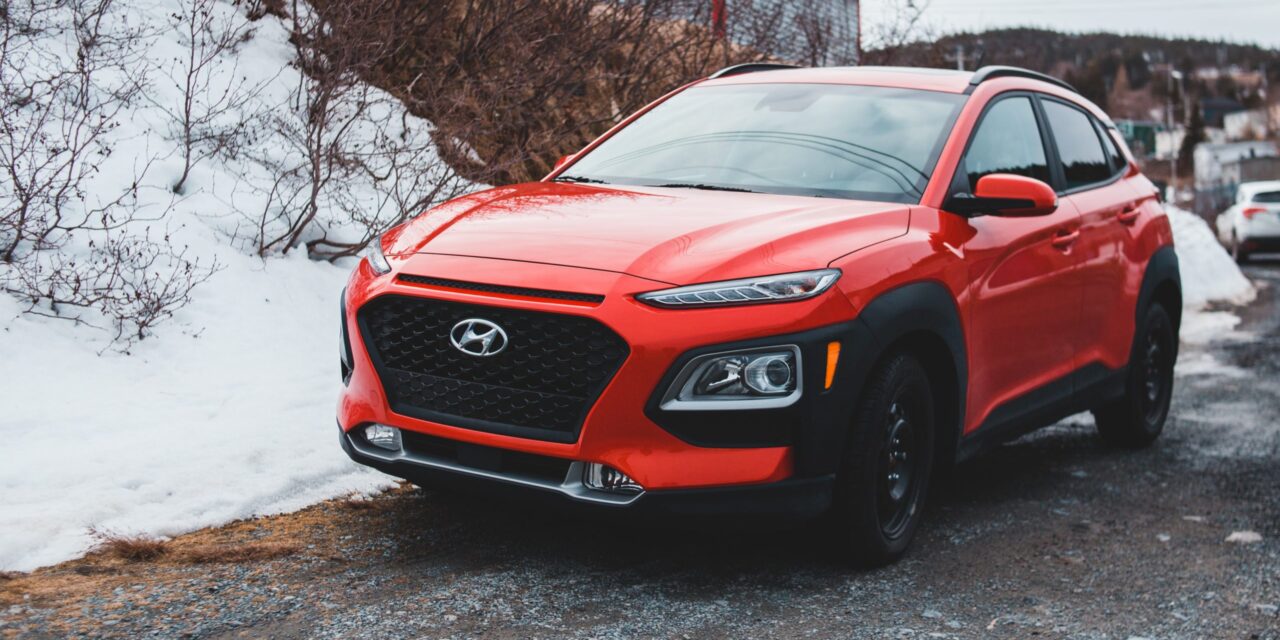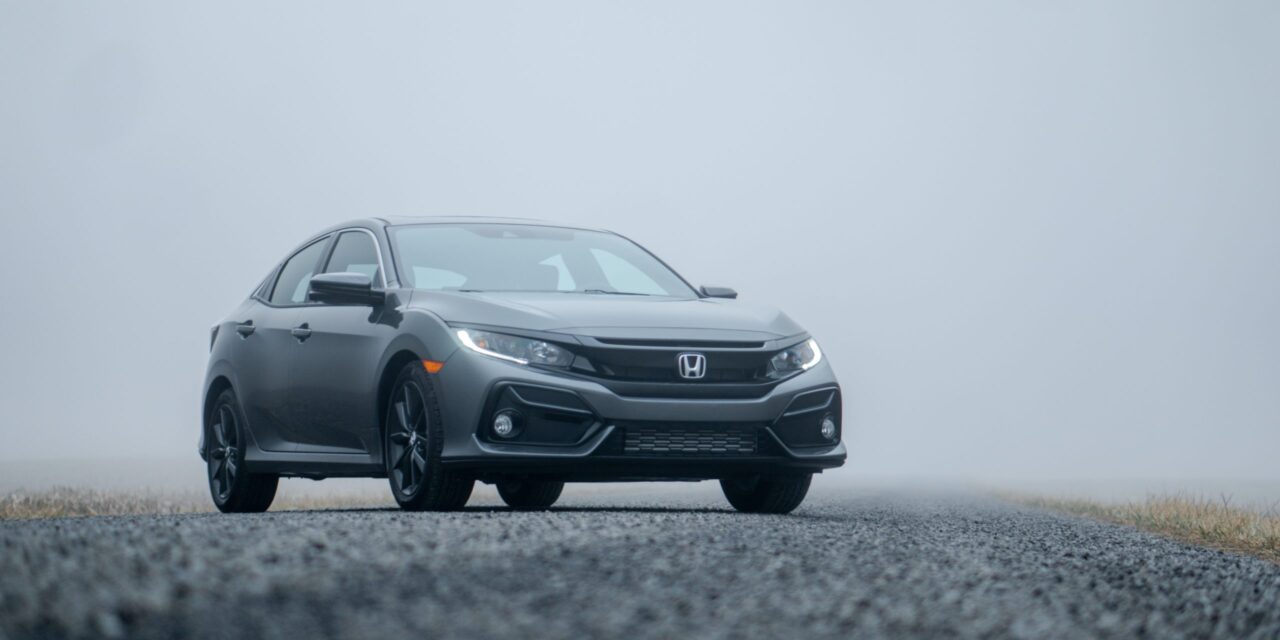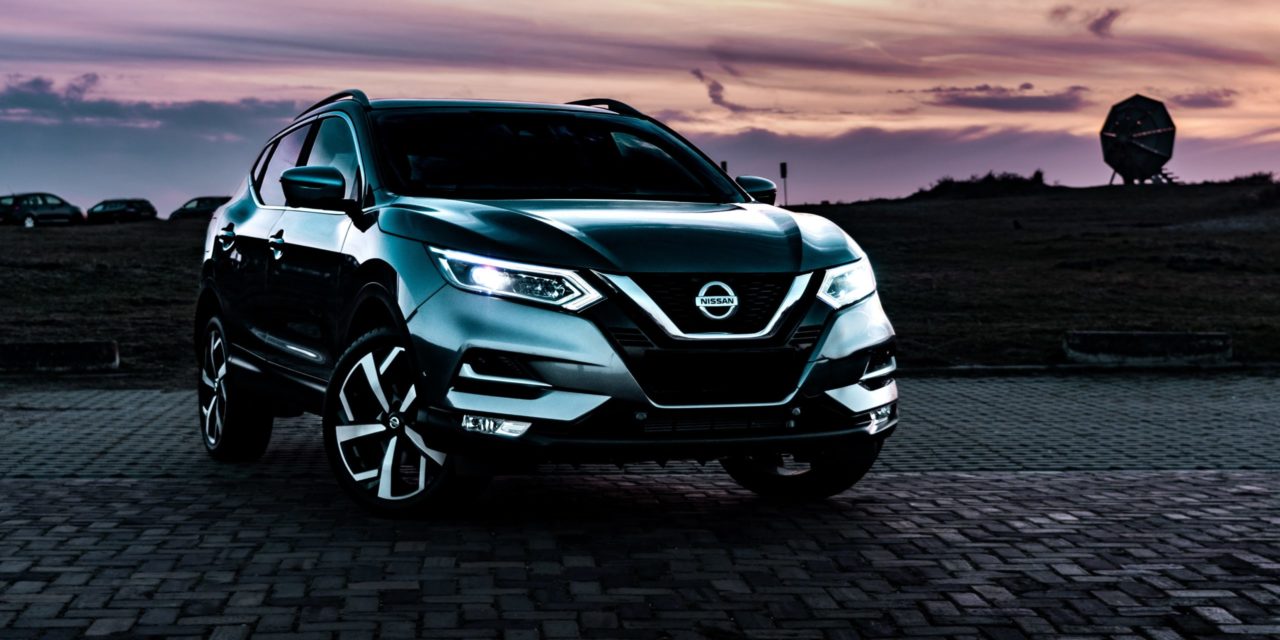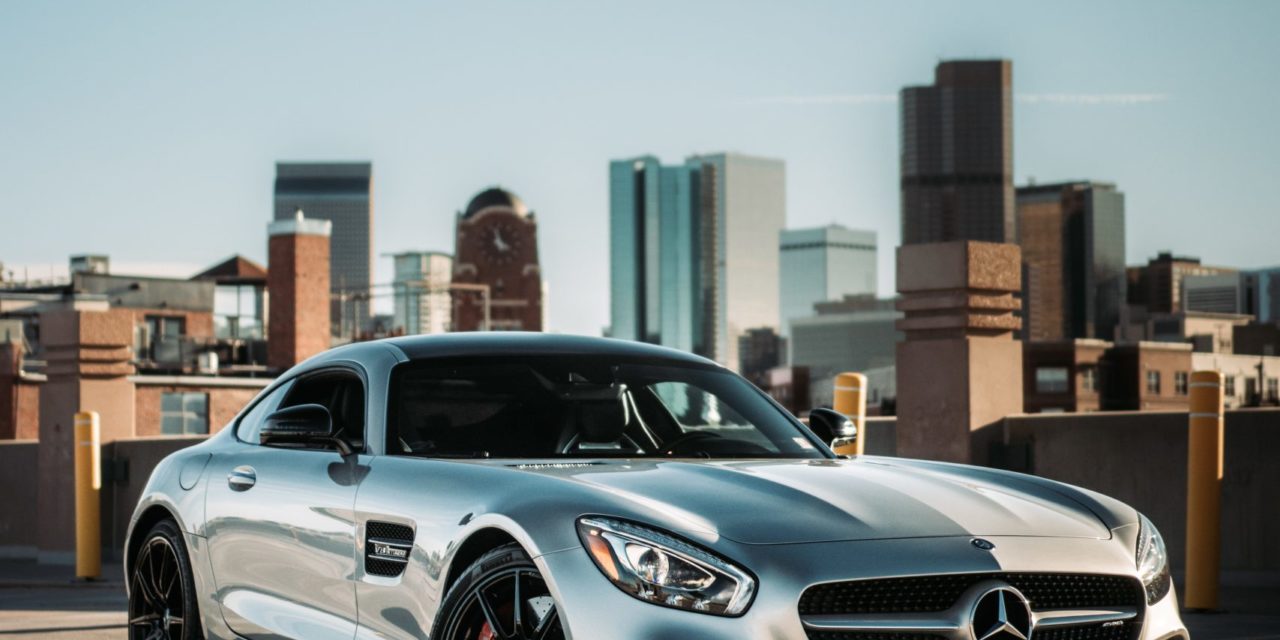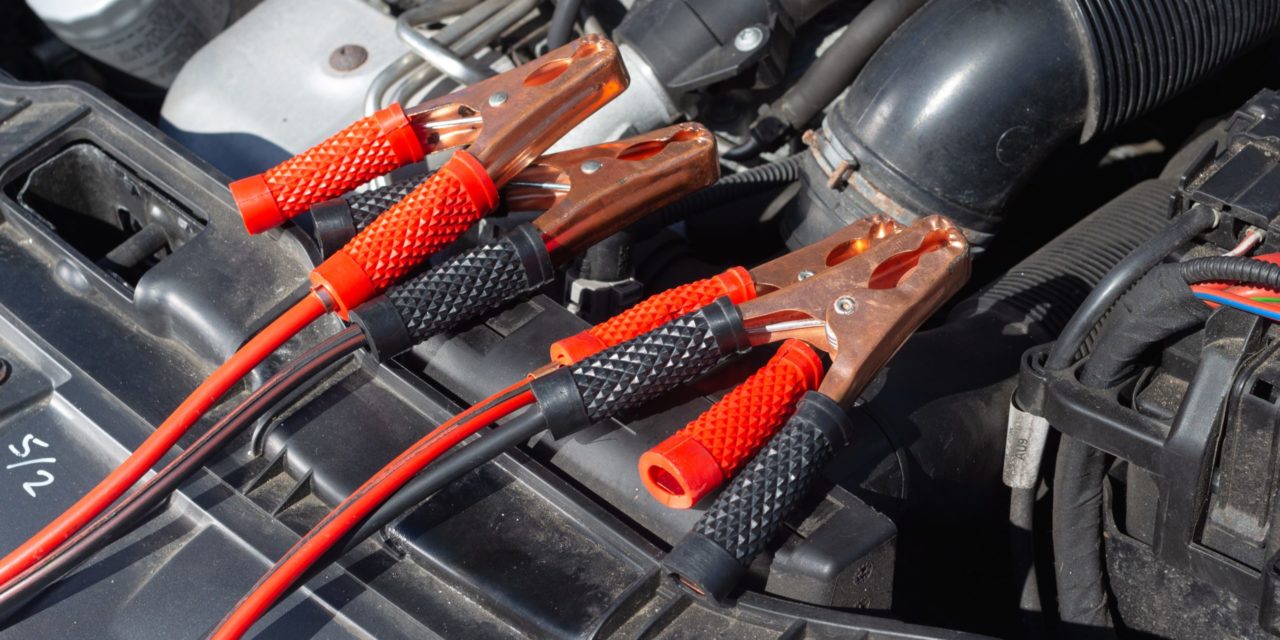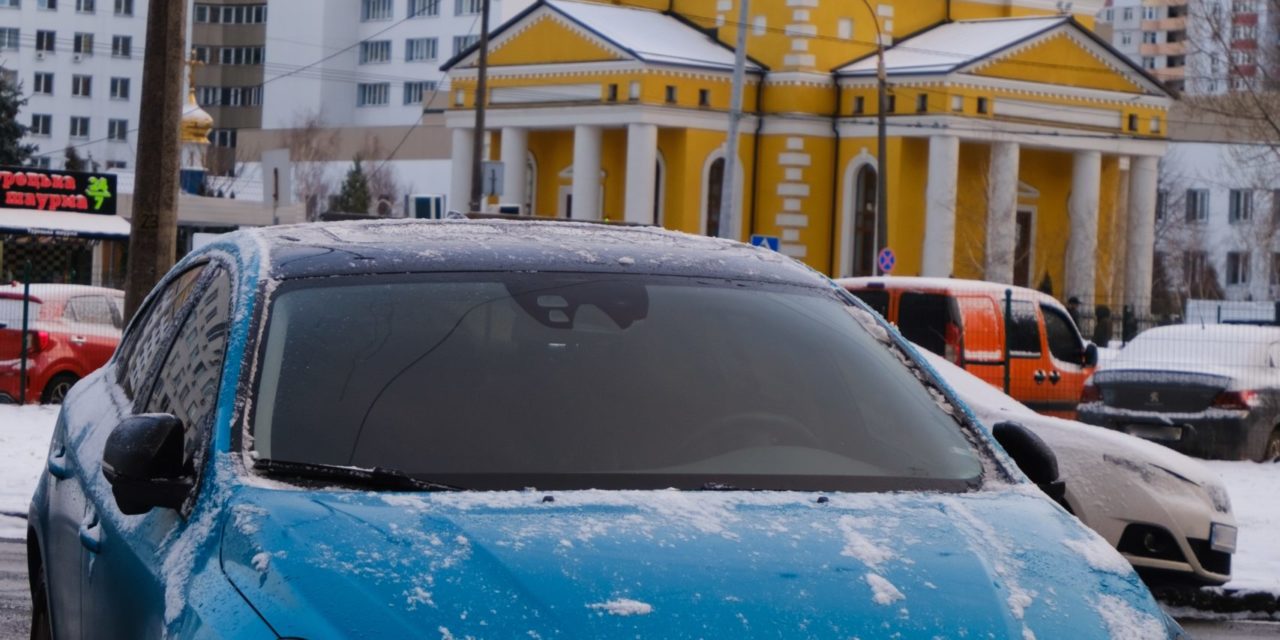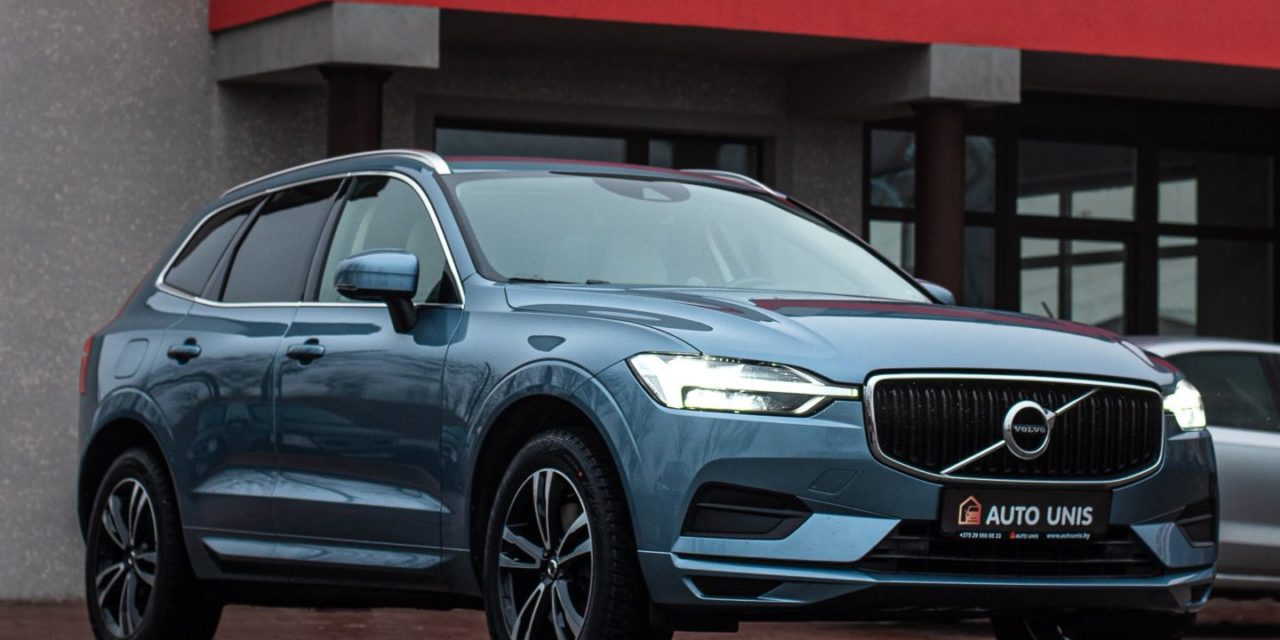Tag: manufacturing guidelines
Read Our Latest Articles Tips & News
Hyundai Clear Coat Blending
Clear Coat Blending is not Recommended by Hyundai Motor America Clear Coat blending is a procedure sometimes used on spot repairs performed within the borders of a body panel. After…
Honda Recycled Parts
Use Only Honda-Supplied Parts on Every Repair American Honda recognizes the importance of recycling, however the use of salvage/recycled parts to repair collision-damaged vehicles raises serious concerns about quality,…
Nissan Does Not Want Recycled Parts in All Collision Repairs
Nissan Does Not Want Recycled Parts in All Collision Repairs Some body shops suggest that collision repairers should not use salvage/recycled parts while others may prefer them. In other cases,…
OE-Recommended Steel and Aluminum Wheel Repair Standards on All Nissan Vehicles
OE-Recommended Steel and Aluminum Wheel Repair Standards on All Nissan Vehicles Nissan North America does not approve of any repairs made to any of its wheels, which includes the use…
Mercedes-Benz Does Not Want Aftermarket Parts Used on Collision Repairs
Mercedes-Benz Does Not Want Aftermarket Parts Used on Collision Repairs Mercedes-Benz vehicles and Genuine Parts are designed and manufactured to meet production-engineered specifications while maximizing the safety of all occupants…
Why You Should Always Insist for OE Collision Replacement Parts
Why You Should Always Insist for OE Collision Replacement Parts Some carmakers suggest it while others insist on it, but in almost every case, vehicle manufacturers want OEM collision repair…
Volvo Does Not Endorse the Use of Approve Anything but Genuine Volvo Car Replacement Parts
Volvo Does Not Endorse the Use of Approve Anything but Genuine Volvo Car Replacement Parts Always make certain that your collision repairer does not use anything other than Genuine Volvo…
Volvo Does Not Approve of Aftermarket Parts Utilization
Volvo Does Not Approve of Aftermarket Parts Utilization Volvo Car USA does not approve of the use of aftermarket replacement parts. All the parts in a Volvo vehicle are responsible…


